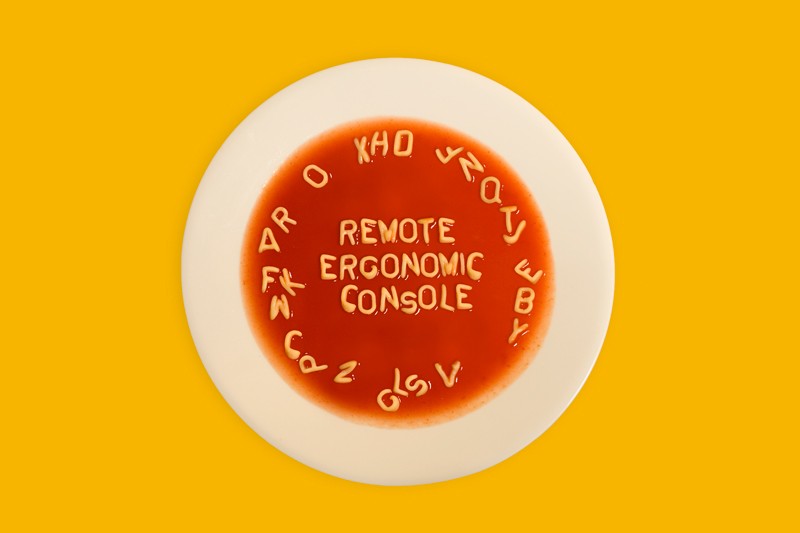Science or Experience?
My first rule of good (expository) writing is to be clear. This rule comes from my personal experience, supported by others’ experience. Anecdotal information, if you will. Well, here’s some science that supports me!
The title of the article:
Words matter: jargon alienates readers
https://www.nature.com/articles/d41586-020-00580-w
Non-scientists feel shut out and confused by articles that use technical language — even if it’s defined
The article should take you less than five minutes to read. It gives details, but not too much jargon, except for examples.

The article supports my sixth rule, too. Write for your readership.
Subscribe to this blog's RSS feed
Something Published, Something Printed
Back in the days of typewriters, when we wanted to type the name of a book, we did a bunch of backspaces, then underlined the title.
In these days of word processors, with formatting only a click away, the correct way to type the name of a whole book or other stand-alone publication is to use italics. For example, this passage from the email newsletter New Atlas:
In a study published in the journal Neuron, the team showed that at a frequency of 50 Hz, electrical stimulation of the central lateral thalamus, a region once thought of mainly as a relay, amplification and processing station, was able to pull macaque monkeys out of an anesthetized state and elicit normal waking behaviors.
https://newatlas.com/science/consciousness-switch-brain-region
Here’s a picture:

Suppose you print the title of an article inside a publication. Put that title in quotes, which I did under the picture.
These two rules appeared before the widespread use of the internet, but I haven’t seen a change to those rules.
This led me to ask what the rule is for documents that didn’t exist before the internet. What about websites? Um, such as New Atlas? For what it’s worth, the USGPO Style Manual for 2016 says to set websites in Roman. I confess that I like the idea of using italics for things like online newsletters. Have you seen this discussed anywhere?
An Old Lesson
I made this point back before the internet, when I first started writing. I don’t think I’ve run into this point since! Be careful with pointless metaphors:

…except I said not to do this. Say the note (or email now, I guess) is from you, not your desk!
Get Your “Kinds” to Agree
“Kind” is singular, “kinds” is plural, right? And “this” and “that” are singular and “these” and “those” are plurals. Right? Right! Then make them agree!
Last panel in the middle row. She gets it wrong.
It’s “those kinds,” Luann! Thank you, Mrs. Clemens, for teaching me this. I learned a lot in sixth grade…
Another Correct Use of “Comprise”
“Is comprised of” is one of the worst pretentiousisms out there, and one that bugs me the most. Don’t ever say it!
Here’s the rule:
When you’re talking about a whole thing and its parts, compose goes from the parts to the whole, and comprise goes from the whole to its parts.
Here’s a guy who got it right:
OVER 5,000 YEARS AGO IN what is today Slovakia, a Neolithic community erected a new building. It wasn’t the first “longhouse” in Vráble, an early town comprising about 100 buildings in all.
https://www.atlasobscura.com/articles/slovakia-neolithic-rotating-buildings
I mentioned this topic before. For more examples, use the search box in the upper right.
Here’s a picture:

PS—Just ran into another correct usage:
Another example is Isabel de Olvera, a free woman of African descent, who in 1600 went on an expedition to New Spain (a region comprising present-day New Mexico, Arizona, Florida and other parts of North and South America), in search of trade goods and new places to settle.
https://www.washingtonpost.com/outlook/five-myths/five-myths-about-slavery/2020/02/07/d4cb0e6a-42e0-11ea-b503-2b077c436617_story.html

